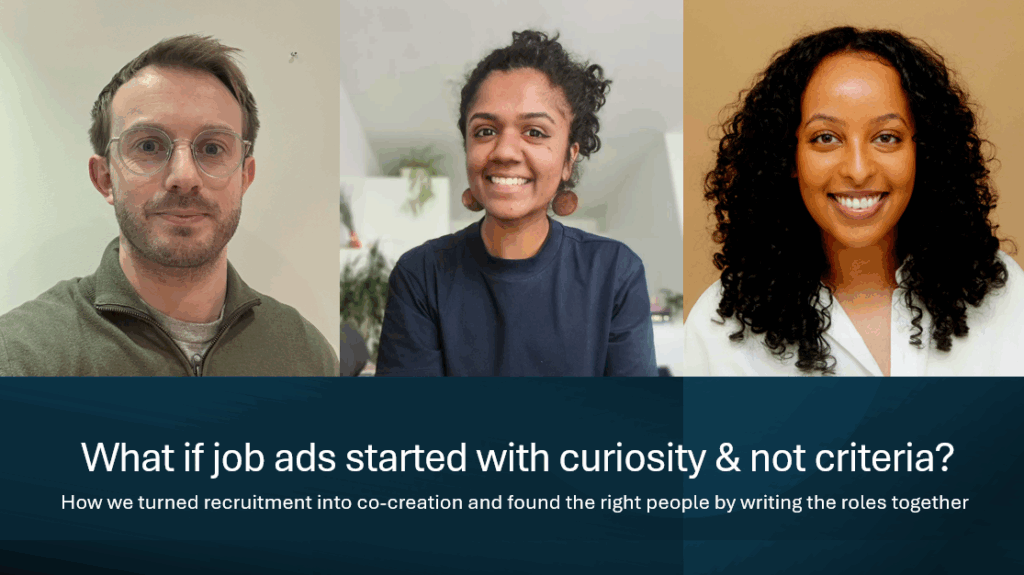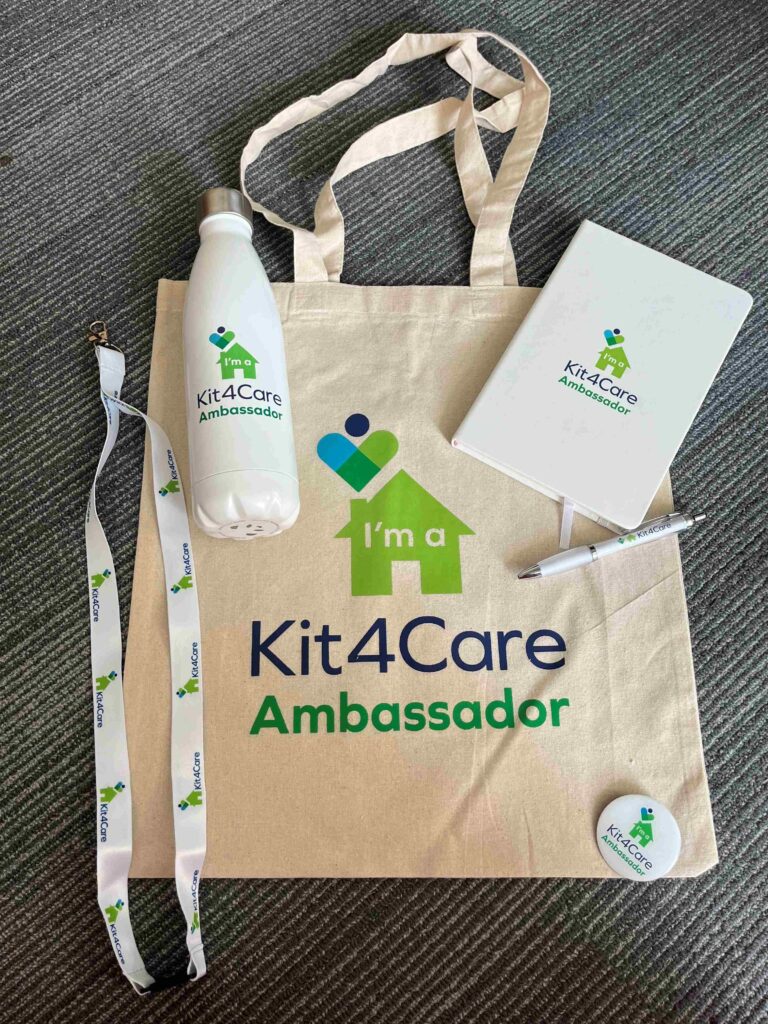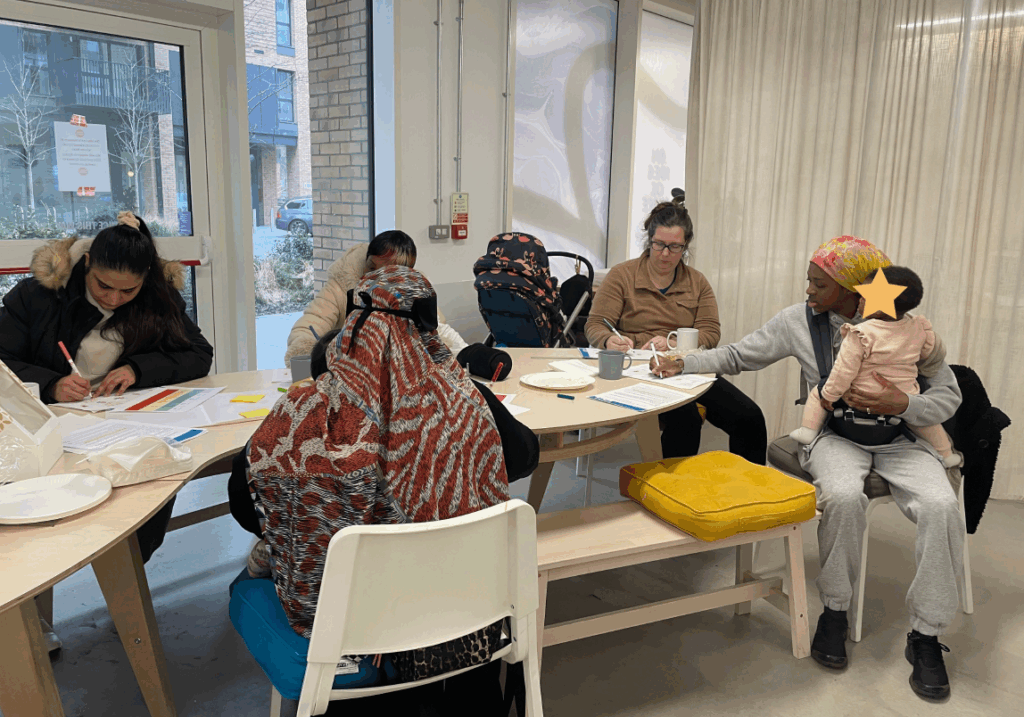How we kept momentum & engagement when project timelines slipped.
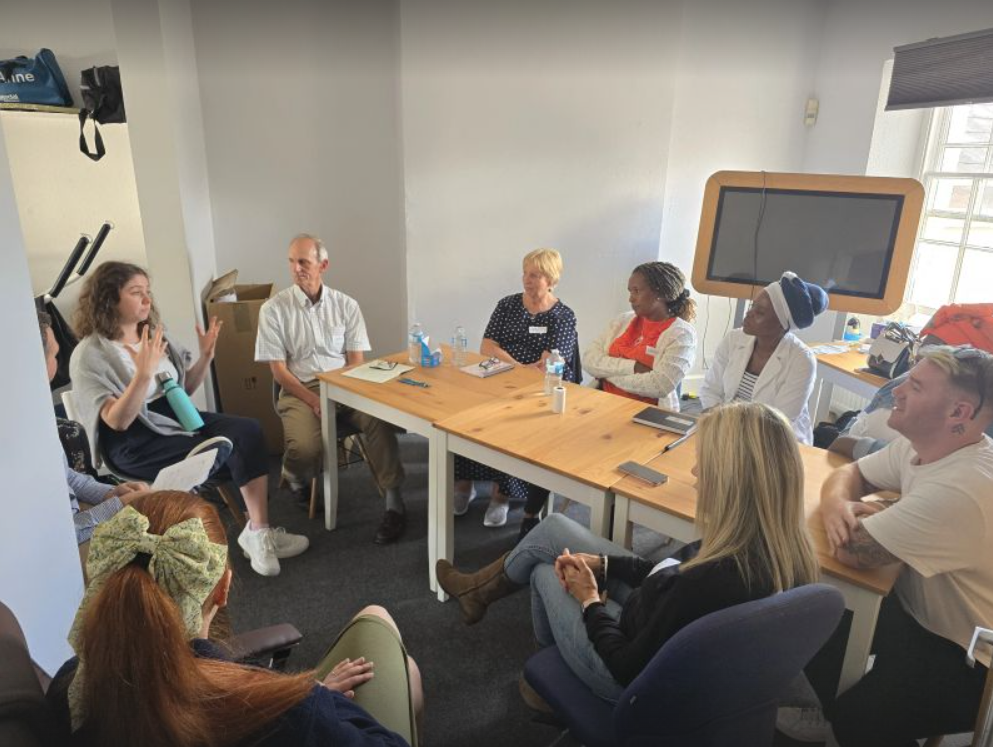
Pia Barna & John Bryant’s Kit4Care blog series continues, at a point where project timelines start to slip.
No project plan I have ever seen or written has generously accounted for holidays, absences, longer pauses, a global pandemic or unforeseen delays or being “on hold” until an important decision has been made. Whilst impossible to predict, I’d like to invite us to consider the significance of the impact of any such delay.
“We’ve recognised that innovative projects are not linear like traditional project plans and that we need to be responsive to issues and adapt—this doesn’t equal failure; it is about learning. And having unexpected time between activities is helpful as it means we can reflect, strengthen relationships and try different approaches.”
Whilst Stephen Covey’s quote “the map is not the territory” is often cited, in most environments, deviation from the plan is regarded as failure and not being able to meet milestones is often connected to not receiving continued funding. And in some situations, participating stakeholders suddenly don’t have enough capacity and resources to support the project anymore.
This means that many projects terminate before they have even fully started without a review of what didn’t work, why and what could have been done differently.
Our Kit4Care project found itself in an unforeseen pause and this blog shares what it was like to lose momentum and our learnings and reflections from this experience.
Our prediction vs what actually happened
We started the Kit4Care project in August 2023 with the aim of upskilling care workers to use remote monitoring technology to assess clients’ vital signs and escalate to GP’s if required.
Building on the knowledge gained from a Test of Merit, we accounted for:
- a kick-off and relationship building phase of two months
- two months of training and set-up
- three months of testing out the new ways of working, culminating with the evaluation.
So an eight month project plan.
We had managed to stick to our plan until the end of last year. By that time staff training had been delivered, the equipment (Whzan Blue Boxes) had arrived at each providers’ offices and our first escalation model was in place. Due to the festive period and limited staff capacity, our timeline was slightly pushed back and it took until January to finalise the remaining delivery models with the other two local delivery groups.
The project was always committed to exploring models of integrated working that were tailored to the needs of the localities. What surfaced was the need for a solid process for information governance including data protection, processing and sharing agreements that would assure all parties of safe data handling practices between partners.
The ideal scenario is to start the information governance process as early as possible. However, in order to set up data sharing and processing agreements, we needed to have a really good understanding of how the data flows between different parties. Due to the slight differences between locations, we couldn’t fully confirm this process until a series of local discovery workshops were held.
With four different domiciliary care providers, three PCNs and one technology provider involved, each one represented by their own information governance team, we had to have a series of conversations and develop relationships beyond frontline team members to get to a point where understanding, agreement and signatures were achieved.
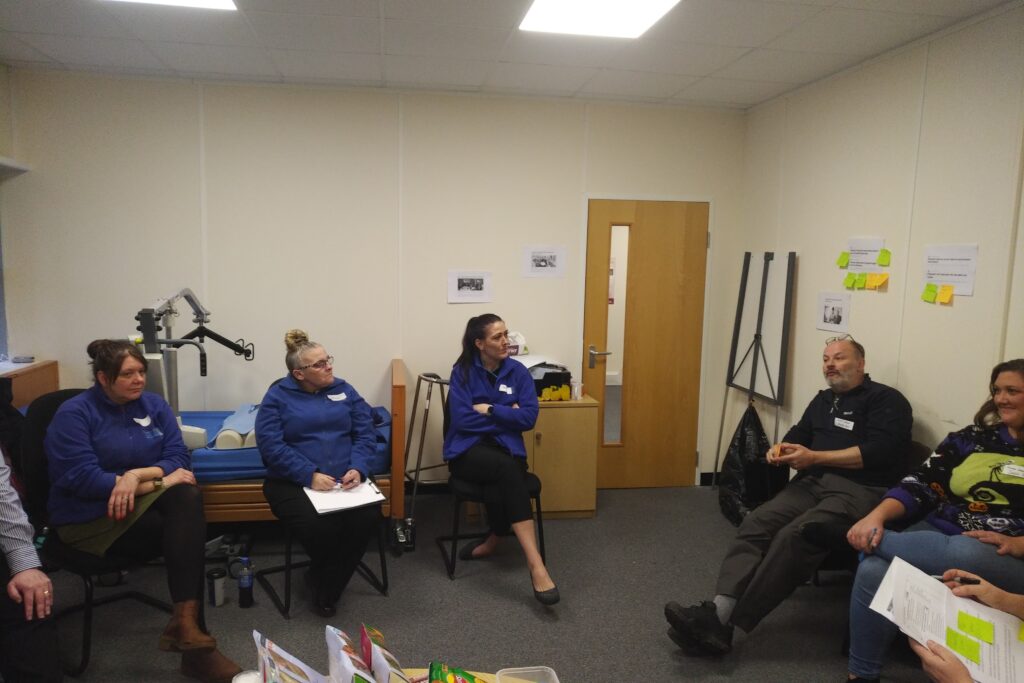
Putting a name and signature to a document where significant liability is attached is a real test of the levels of commitment to a collaborative endeavour. Receiving the signatures was a significant achievement and testimony to the work of those involved but did require roughly four months during which certain activities were limited.
What happened in the background
We strived not to lose momentum during this phase and recognised it as a good opportunity to invest in training, evaluation and communications.
- Six RESTORE2 sessions were organised and delivered to strengthen knowledge around early deterioration. A shout out to Ruth at Torbay & South Devon Foundation Trust for the brilliant delivery of these sessions.
- We drew up our evaluation data requirements and began data collection processes.
- We focussed on our communications deliverables and invested time into sharing our learnings and findings
Our Learnings
One of the things that carried us through the phase of lost momentum was maintaining and strengthening relationships with our stakeholders: regular phone calls to check in with the teams worked really well and reminded us that the teams were still excited to support the implementation of the Blue Boxes.
This was in direct contrast to those stakeholders who we had only ever communicated with via email. Our experience was that those relationships started to slowly fade and engagement and commitment decreased notably.
Luckily, the majority of our colleagues had a lot of understanding and sympathy for the situation, for which we are really grateful. Now that we are ready to pursue the next steps, it feels that we can pick right up where we left off, and that is not to be taken for granted.

